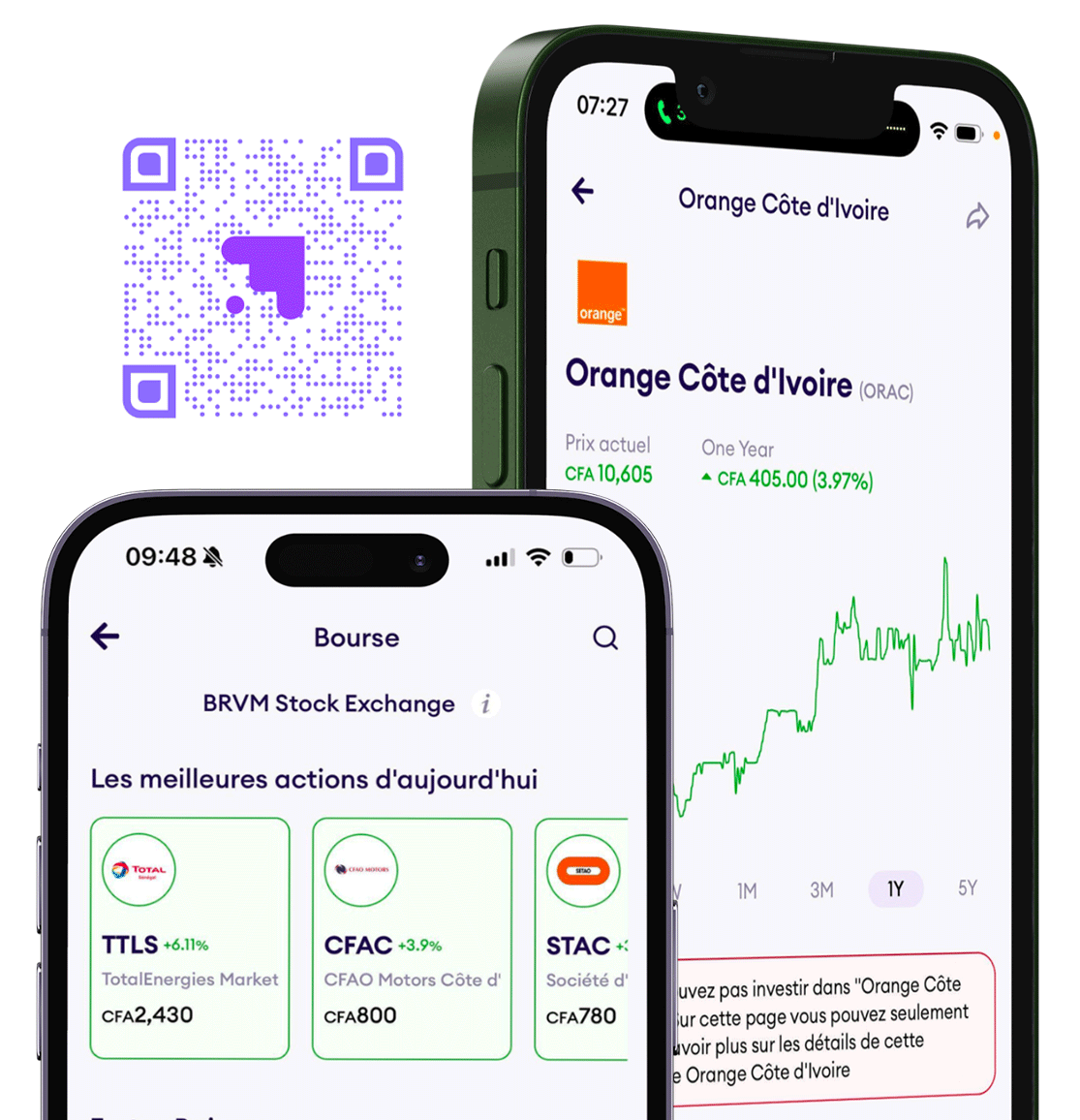Kenya's capital markets authority mulls margin trading to lift bourse
.PNG)
TLDR
- The Capital Markets Authority (CMA) is developing margin trading regulations to revive shares trading on the Nairobi Securities Exchange (NSE).
- Margin trading allows investors to use borrowed funds to invest in stocks, potentially increasing trading activity.
- The introduction of margin trading regulations aims to stimulate participation in the stock market and enhance market vitality.
The Capital Markets Authority (CMA) is actively working on the development of margin trading regulations as part of its initiatives to revive shares trading on the Nairobi Securities Exchange (NSE).
Margin trading involves investing in shares using borrowed funds, typically obtained from a stock brokerage or investment bank. Despite the NSE presenting an opportunity for investors to acquire stocks at discounted prices due to low valuations, the exchange has experienced a prolonged period of low volatility, according to the CMA.
The introduction of margin trading regulations is seen as a strategic move to inject vitality into the market and enhance trading activity, allowing investors to leverage borrowed funds for share purchases, potentially stimulating increased participation in the stock market.
Points clés à retenir
In a standard margin trade, a trader engages in borrowing money from a brokerage firm, initially securing the loan by depositing funds as collateral. The trader is then obligated to make interest payments on the borrowed funds. This loan effectively amplifies the buying power of investors, enabling them to acquire a larger quantity of shares or securities. The securities purchased also function as additional collateral for the margin loan. In some markets, investors are permitted to borrow an amount equivalent to their cash deposit, effectively doubling their purchasing capacity in the stock market. To facilitate margin trading, traders typically open margin accounts, outlining the terms of the broker-lender arrangement. While margin trading provides an avenue for investors to increase their share purchases, it also exposes them to the risk of potential losses exceeding their deposited funds. In such cases, investors may be required to inject additional funds or face a forced sale of securities if their portfolio value drops below a predetermined minimum.

Nouvelle Frontière
Restez informé des principales actualités et événements sur les marchés africains. Livré chaque semaine.
Pulse54
Une plongée approfondie dans ce qui est ancien et nouveau dans le paysage de l’investissement en Afrique. Livré deux fois par mois.
Événements
Inscrivez-vous pour rester informé de nos webinaires réguliers, des lancements de produits et des expositions.




